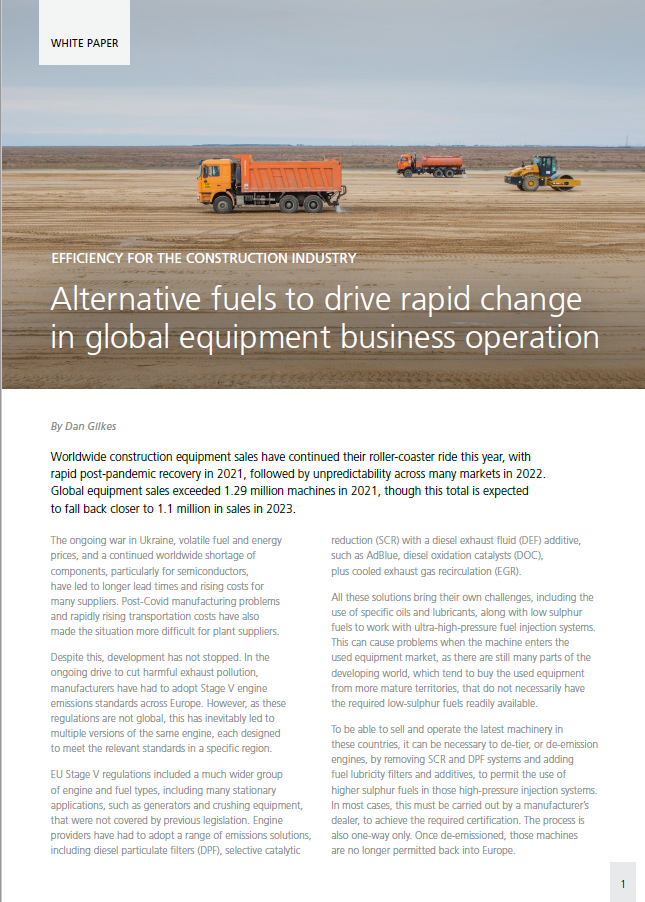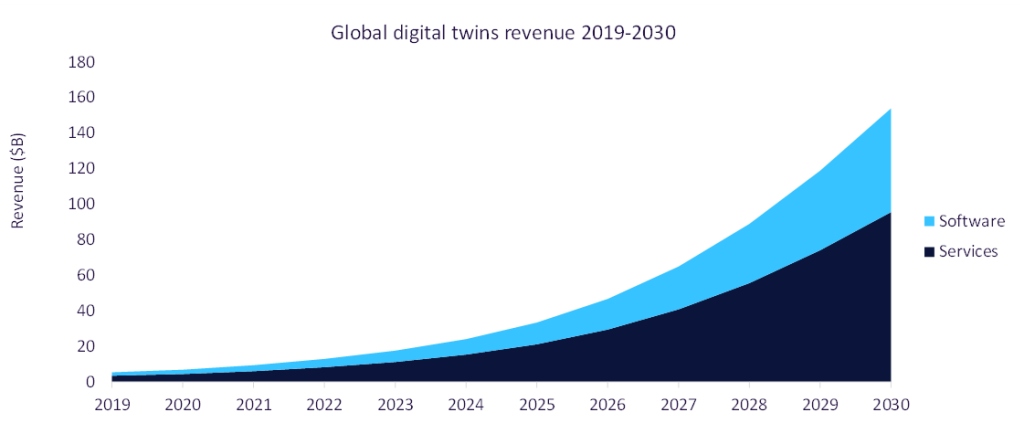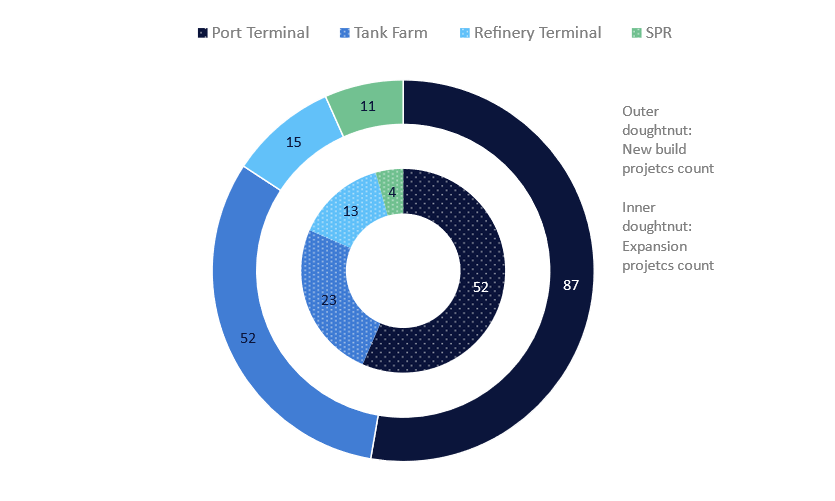
Digital oilfield is an emerging concept. It deals with the application of digital technologies to oil and gas industry processes and workflows. Digital is used to maximise productivity, reduce costs, and minimise risks. The adoption of digital oilfield technologies allows oil and gas companies to create a ‘digital twin’ that replicates the performance of an oilfield on a computer.
Multinational companies, such as BP, Shell, Chevron, and Equinor are the leaders in enabling digital oilfield at some of their newer fields. Within the oil and gas industry, there are a number of companies focused on the development of technologies for enabling digitalisation.
Listed below are the leading companies and service providers in digital oilfield, as identified by GlobalData.
How well do you really know your competitors?
Access the most comprehensive Company Profiles on the market, powered by GlobalData. Save hours of research. Gain competitive edge.

Thank you!
Your download email will arrive shortly
Not ready to buy yet? Download a free sample
We are confident about the unique quality of our Company Profiles. However, we want you to make the most beneficial decision for your business, so we offer a free sample that you can download by submitting the below form
By GlobalDataBP
British oil major BP is a front-runners in developing technologies to deploy digital oilfield across its oil and gas operations. The company has conducted studies across production sites worldwide to maximise productivity with the application of digital oilfields. In the US shale plays, BP is deploying sensors at all its new wells. It is collaborating with technology providers from Silicon Valley for advancing the development of software solutions for digital oilfield.
In the last two years, BP has expanded its high-performance computing capabilities to process the increasing amounts of data generated. The company has also started reducing its field offices in the US Lower 48. It is moving most of the monitoring operations to state-of-the-art control rooms for improving collaboration and planning.
Royal Dutch Shell
Anglo-Dutch firm Shell contributed to technological developments in making digital oilfield a reality. The company has tested digital oilfield technologies for the past several years. They have seen an increase in productivity, and recovery rate while reducing the downtime. “Smart Fields” as the company calls it, are transforming oil and gas operations across Shell’s sites globally. Shell is also leveraging the technologies and data analytics solutions offered by start-ups such as Ingenu and C3IoT to aid in the digital transformation of its operations.
Chevron
Chevron has been testing the concept of digital oilfield since 2002. It has derived millions of dollars in cost savings while minimising safety risks at its platforms. In 2017, Chevron signed a long-term partnership with Microsoft Corporation. The aim is to further its position in digital transformation by leveraging the cloud computing and data analytics capabilities of the Microsoft Azure platform.
Equinor
Equinor is driving the digitalisation of its upstream operations, especially in the North Sea region. This will enhance safety and efficiency while cutting back on carbon emissions. At the Johan Sverdrup oilfield, Equinor is deploying some of the latest digital technologies to monitor all aspects of the field’s operations remotely.
The company aims to create a digital twin of the oilfield to obtain actionable insights in real-time to drive calculated business decisions. In 2017, Equinor set aside around $200-$300 million to develop digital technologies by 2020, to accelerate its digitalisation push.
Anadarko Petroleum Corp.
Anadarko Petroleum Corp. has deployed sensors in over 20 wells in the shale producing region of Colorado. This allows them to accumulate well-site equipment data, on a pilot basis. The company has developed machine learning algorithms to analyse this data and has reduced nonproductive time in these wells. Anadarko intends to gradually expand this study to cover around 200 wells over the next year.
Schlumberger
Leading oilfield services provider Schlumberger is utilising its vast expertise in exploration and production activities to develop digital technologies for minimising risks and improving equipment diagnostics. In February 2019, Schlumberger announced a joint venture named Sensia with Rockwell Automation to develop products for digital oilfield automation.
Halliburton
Halliburton is attempting to develop robots that can be deployed in hydraulic fracturing in the US shale plays. Although this level of automation is still at an early stage, the company has automated specific areas of hydraulic fracturing operations.
The company is combining data and computer algorithms to enable pumps to function automatically to manage the flow of water, sand, and chemicals during fracking. This technology has allowed Halliburton to reduce delays in operations, thus boosting productivity.
Baker Hughes-GE
Following the merger of Baker Hughes with GE Oil and Gas, the combined entity has emerged as an integrated provider. Their strengths are oilfield equipment, asset integrity, and inspection tools, and digital solutions. The company is leading the charge in the development and deployment of digital oilfield solutions. These target monitoring drilling and well completion operations, reservoir modelling, predictive maintenance, and asset surveillance solutions among other offerings.
Weatherford International
Weatherford, the oil and gas services provider, has rapidly expanded its digital technologies to expedite the adoption of IoT in the oil and gas sector. The company offers intelligent field devices and cloud-based software suite for production optimisation.
This is an edited extract from the Digital Oilfield – Thematic Research report produced by GlobalData Thematic Research.








